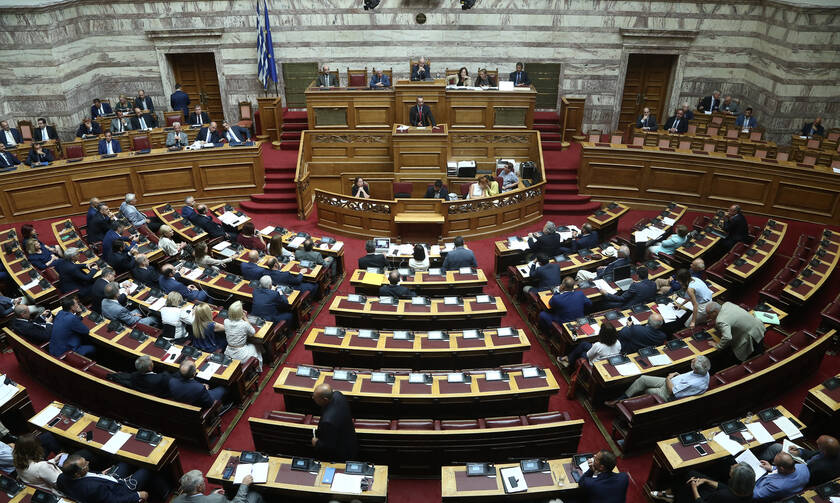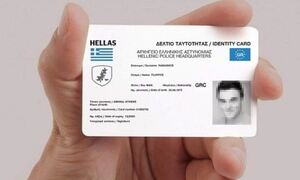Privacy bill passes at Greek parliament

All but two Greek parties passed in principle a privacy bill that incorporates EU directives into national law on Monday afternoon, using fast-track procedures.
New Democracy, SYRIZA, KINAL and MeRA25 passed the bill in its next to last voting step, while the Communist Party (KKE) and Greek Solution rejected it.
Main opposition Syriza's rapporteur Giorgos Katrougalos said his party would pass the bill in principle but retained reservations for certain sections, which it will not vote. While recognizing that the delay in adoption may still cost Greece an EU fine, he accused the government of using the opportunity to promote anti-labor practices. "In reality, it worsens an employee's position," Katrougalos said, "as it assumes that an employee has agreed to the use of his or her personal data by the employer. The initial Article 27 went as far as recognizing the employer's right to interrogate the employee."
Greece has been referred to the European Court of Justice over the ratification delay and could face stiff fines (1.3 million euros lump sum and 5,287 euros per day) if a verdict is issued against the country, prompting the government to fast-track processing of the draft bill.
KINAL's rapporteur Nadia Giannakopoulou accused the government of having done away with needed dialog among the parties because of the fast track and reproved the government for what she called an inexcusable delay in bringing it to parliament, while the bill also blindly adopts the German model.
KKE's representative said the bill introduced the option of keeping individual records on and exchanging genetic information, among other provisions.
Greek Solution rapporteur Vassilis Viliardos said it was unacceptable for banks to keep files on citizens when the latter paid to bail them out.
MeRA25 rapporteur, Fotini Bakadima, said her party is voting in principle but will vote down articles 14 and 16.
While a decision to fast-track the bill was made with the support of the ruling majority, opposition parties and the parliament's Scientific Council have questioned whether some articles in the draft bill are fully constitutional, especially article 24 on the reference of "presumed consent", which consent they said should be made specific and explicit.













